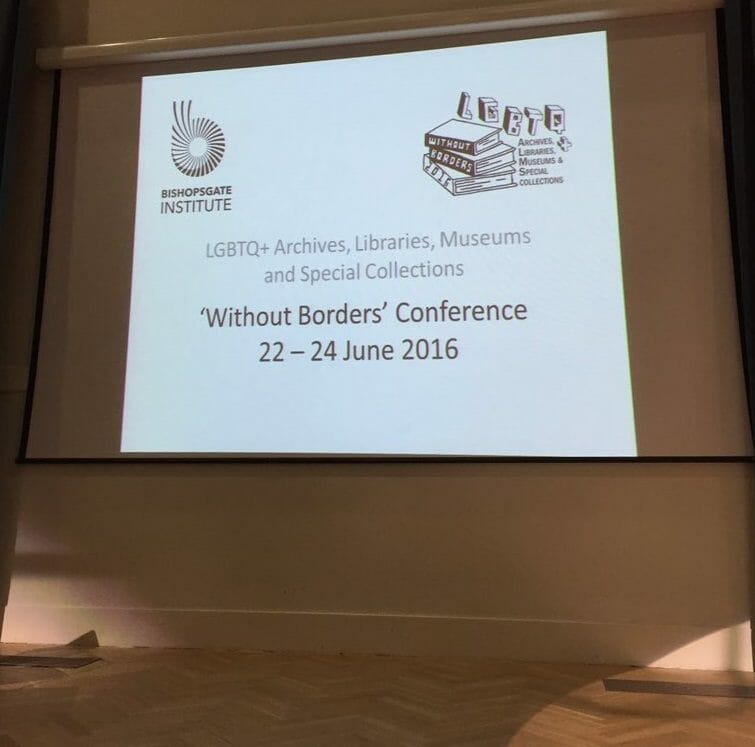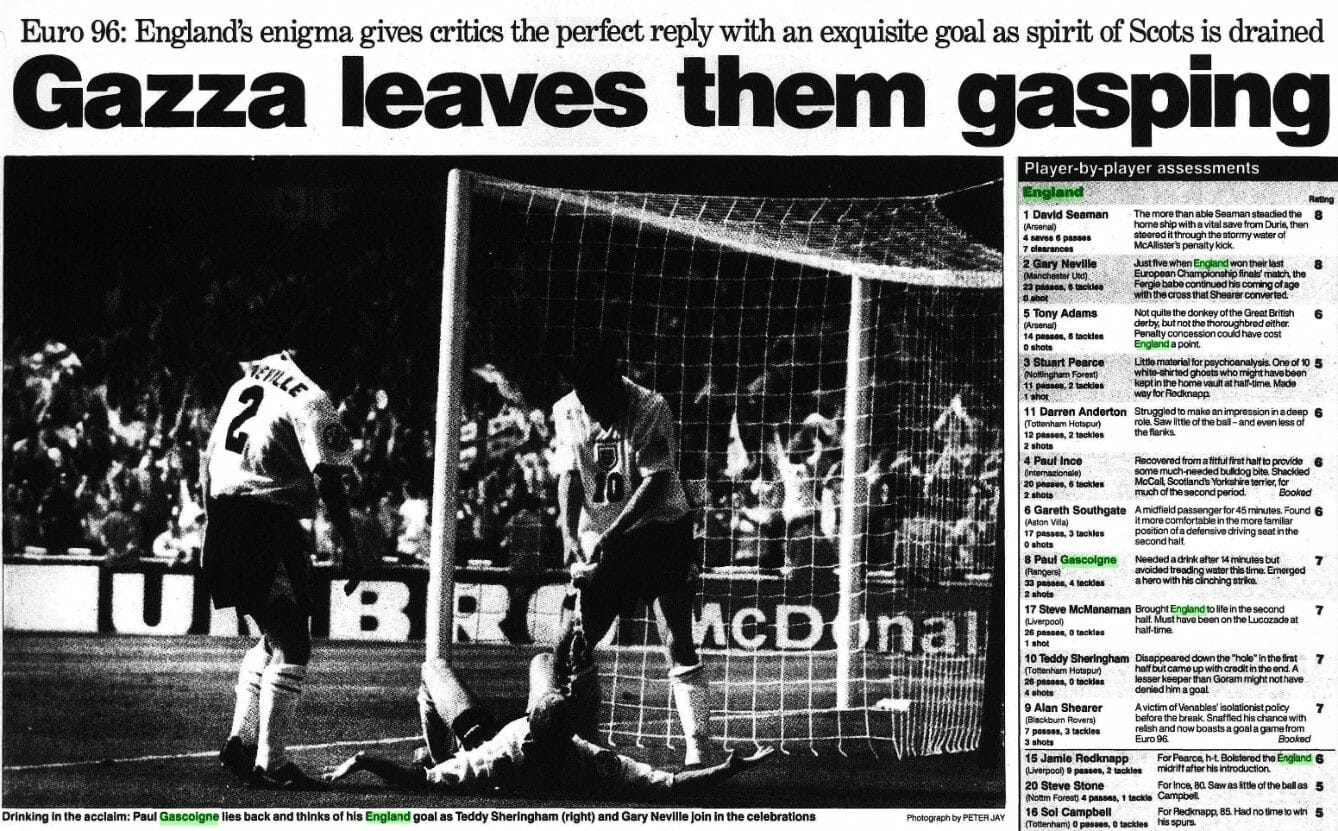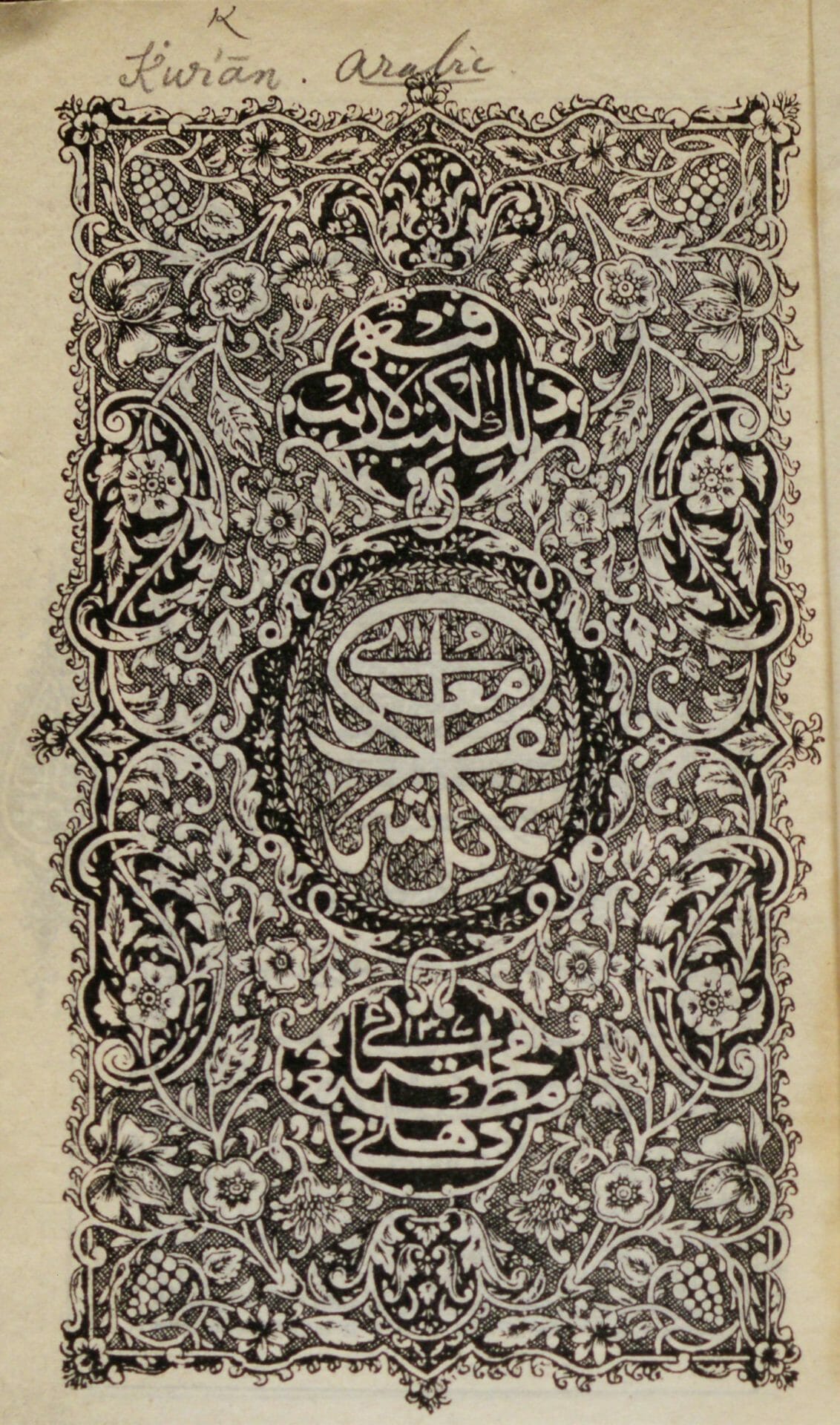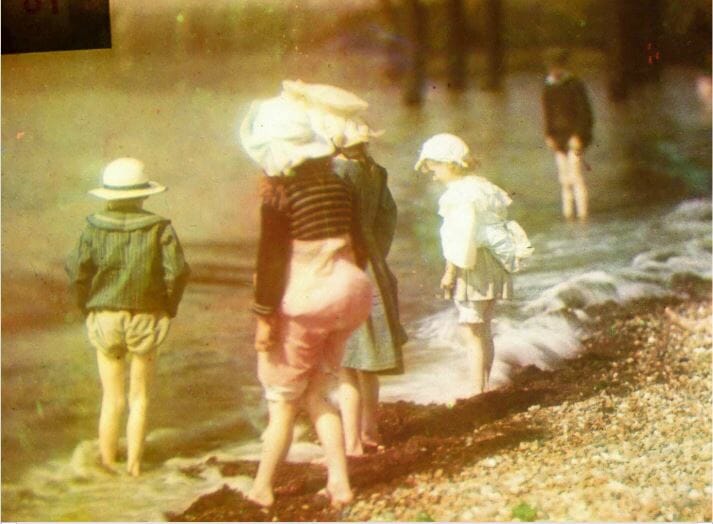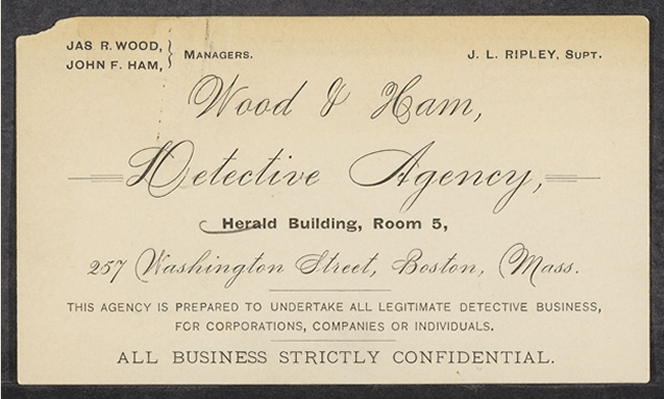Following on from the recent release of Gale’s LGBTQ History and Culture Since 1940 and in the days leading up to London Pride weekend, I recently attended the LGBTQ+ Archives, Libraries, Museums and Special Collections ‘Without Borders’ 2016 conference in London to listen and learn from archivists, activists, librarians, researchers and performers from around the world share their ground-breaking efforts to disseminate knowledge of LGBTI histories and lives.
Gale News and Teams
In or Out? Exploring Britain’s Relationship with Europe using Chatham House Online Archive
Mahatma Ghandi, Winston Churchill, Benazir Bhutto. Three iconic political figures who each touched the lives of scores of people around the world during their illustrious lives. What is perhaps lesser known is that all three feature in Chatham House Online Archive, having contributed in one form or another to the world-renowned UK think tank. Ranked the second most influential think tank globally in 2015, Chatham House has offered the perfect platform for leading thinkers in their fields to voice their thoughts on the international affairs of the day.
As the EU Referendum in the UK draws ever nearer, and the ‘yes’ and ‘no’ campaigns gather pace, I took the opportunity to delve into Chatham House Online Archive; its comprehensive coverage of over 80 years of international affairs includes the last UK referendum in 1975, which saw a two-thirds majority in favour of continued European Economic Community (EEC – the precursor to the EU) membership. Looking at five pieces of content from a range of contributors reveals some intriguing insights, and continuities, which have characterised Britain’s relationship with Europe over the past forty-four years.
Gazza, Platini… and Zagorakis: Five Highlights from European Championships Past
It is a familiar time for football fans across Europe. Flags decorate bedroom windows, cars, and the faces of millions of hopeful fans, believing that this may be their year. It can only mean the beginning of another football tournament: UEFA Euro 2016.
History of the Dragon Boat Festival
By Cathy Huang
Today marks the annual Dragon Boat Festival, commemorating the dead, observed primarily in central and southern China. It occurs on the fifth day of the fifth lunar month and falls between 28 May and 25 June in the Western calendar. During this festival, people along the sea coasts and major rivers compete in races in boats made from wooden planks and carved with dragon heads and tails.
Here Comes the Sun King: finding Louis XIV in State Papers Online
On Wednesday night the BBC premiered Canal+’s lavish new period drama, Versailles. Always a sucker for period dramas, I looked forward to this one especially as I had no idea of the plot beforehand so the drama was a complete surprise, and I had very fond memories of a trip to the real Versailles as a student. Home of Louis XIV, the Sun King, Versailles was the seat of French government for most of the 18th Century, and if the TV show is to be believed, was the centre of much political intrigue.
In Secret Kept, In Silence Sealed: revealing the hidden texts in Early Arabic Printed Books from the British Library
As an archivist, I firmly believe that preservation and access are two sides of the same coin; one cannot happen without the other. This is particularly true during digitisation projects, and on collections such as Early Arabic Printed Books from the British Library where a large body of material is being made widely accessible for the first time, we have worked closely with a conservator from the British Library to ensure material is protected during scanning.
“The Great Binge”
by Seth Cayley
Can cocaine really cure sea-sickness? Something tells me that very little peer-reviewed research has been done on the subject in recent years. But that didn’t stop the Victorians. From around 1870-1915 a large number of narcotics, including heroin, were widely and legally available, and often packaged as medicines. Historians have dubbed this period before the first international drug control treaties as “The Great Binge”.
Holidaying in the 19th Century? Here’s what you need to know
Sunshine has finally reached the UK! As we break out the BBQs and look forward to our summer holidays, I thought it would be fun to use The Illustrated London News Archive and Gale Artemis: Primary Sources to look back 100 years, and see what holidayers back then had to look forward to…
Supporting Your Local Data Miner
By: Dr. Dallas Liddle, Associate Professor and Chair of English, Augsburg College
Marshall McLuhan is supposed to have said that “the content of a new medium is always an old medium.” He intended the observation as wry cultural criticism, but as a literary historian I am grateful every day that so many new research media are now brimming with the contents of great past media: newsstands, theatres, libraries, music halls, stereopticons, and magic lantern shows. Lately I have started to hope that the benefits of these research tools may go far beyond the convenience of having so many original texts, images, and artifacts instantly available. New methods of “data-mining” using database archives, if we do them creatively and well, may help researchers better understand how the old media forms themselves worked and developed.
The hope grows from recent experience. I started “data mining” the Gale Times Digital Archive not long ago, after struggling for nearly twenty years with questions about Victorian newspapers that traditional archival research had been unable to answer.
Race & Gender in the Carceral State
By Jen Manion
Crime, Punishment, and Popular Culture, 1790-1920 is a trove of material for scholars and students interested in the history of gender, gender expression, and sexuality. Criminal accounts provide an illustrative window into the culture of the time by highlighting the lives, actions, and motives of those who crossed the line of so-called acceptable behavior. Women’s participation in illicit activities such as theft, robbery, assault, or murder were generally sensationalized in both trial and newspaper records, giving such accounts a sexual tinge no matter how seemingly mundane. The range of source material—from newspaper accounts to trial manuscripts to organizational records to sensational dime novels—allows readers to approach a singular topic from different perspectives. Historians can examine the treatment of people along lines of race, class, and gender, or chart changes in such regulations over time.

